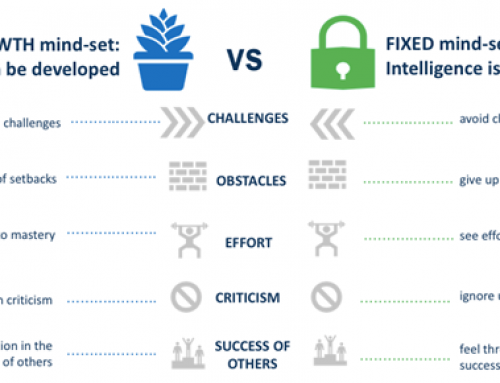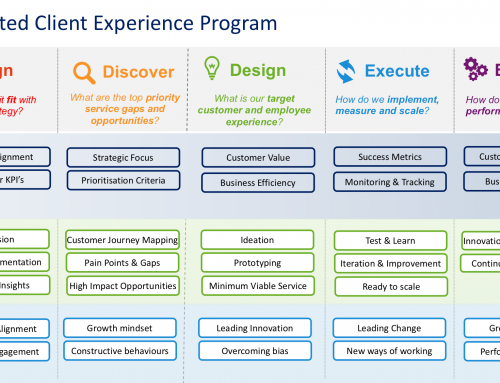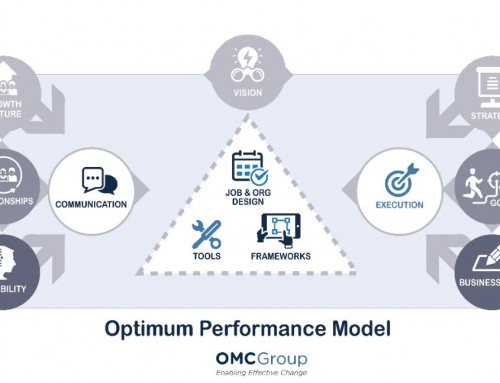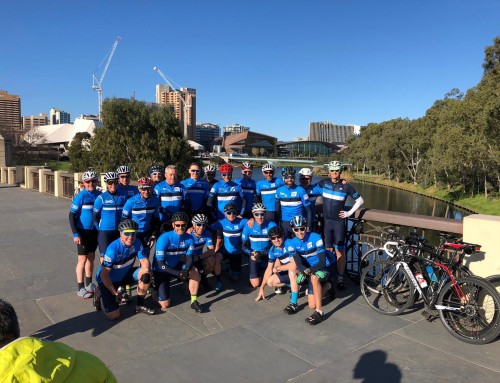They are unique. They are intelligent. They are creative. They are positive, hardworking, motivated. They are a tremendous asset to your team.
But do they feel seen? Do they feel heard? Do they feel their unique skills and expertise are appreciated and utilised? Do they feel as though they can come to you with tough issues? Finding out how psychologically safe your team feel is essential for optimum performance.
Harvard Business School Professor and author Amy Edmondson has developed a simple 7-item questionnaire to assess the degree to which people feel psychologically safe.
To what extent would your team members agree with the statements below about what it is like to work in your team?
- If you make a mistake on this team, it is not held against you.
- Members of this team are able to bring up problems and tough issues.
- People on this team always accept others for being different.
- It is safe to take a risk on this team.
- It isn’t difficult to ask other members of this team for help.
- No one on this team would deliberately act in a way that undermines my efforts.
- Working with members of this team, my unique skills and talents are valued and utilised.
The responses to the questions like these determine to what degree your team feel engaged and motivated. How comfortable they feel with voicing ideas and concerns and how this affects their decision making. Conversely, if they feel stressed or burned out and how this may be negatively impacting their mental health and overall wellbeing.
A recent survey of hospitality workers commissioned by R U OK? revealed 80% of workers agreed mental health issues, such as feeling depressed, anxious or manic, are a challenge currently facing those in the industry. The unsociable hours of late nights and early morning associated with hospitality work, rely on the safe spaces created by teams to ensure individuals do not feel isolated.
Creating a culture of psychological safety does not happen overnight, and there are several good business and organisational management practices to consider:
- Ensuring members of your team feel comfortable to have a mental health day when they are struggling.
- Assessing and eliminating psychological risks in the workplace (see WorkSafe WorkWell Toolkit) e.g. remote or isolated work, bullying and harassment.
- Enabling free confidential counselling sessions through an Employee Assistance Program.
All are examples of what you can do from an organisational perspective to create a space where your team feels a higher level of psychological safety.
But what can you do as a manager, right now? A great article in 2020 from Forbes suggested 15 Ways to promote Psychological Safety at Work:
- Engage With Consideration And Authenticity
- Don’t Rush To Fix Things
- Lead With Empathy, Not Ego
- Be Open To Feedback
- Build Trust By Being Transparent
- Approach Issues From A Curious Perspective
- Build A Culture Of Team, Not Talent
- Build A Culture Where Mistakes Are Okay
- Actively Listen
- Create A Sense Of Belonging
- Help Employees Meet Their Basic Needs
- Foster Support Between Co-Worker
- Promote Openness And Inclusivity
- Value Your Staff As Humans, Not Resources
- Establish Rules Of Engagement
It looks like a long list…. But is there anything here that you would want to do as a Leader?
So how psychologically safe is your team?






